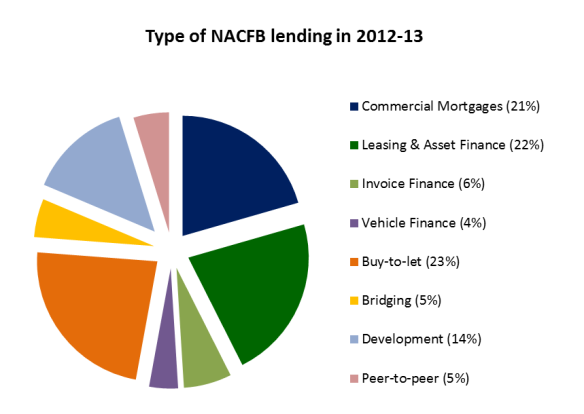Economics
Calling 2014 “the year of hard choices” Chancellor Osborne will today set out plans to slash public spending, cap welfare and create a permanently smaller state after the 2015 election, saying that long-term recovery remains in the balance unless austerity is extended. This comes as three major business surveys today (from Lloyds, Deloitte, and EEF) indicate that companies are optimistic about their ability to expand and create jobs this year. But in comments that will balance out the current optimism about the UK’s economic recovery, Osborne will highlight that the Government is still borrowing too much and paying too much interest on the national debt, requiring a fundamental change in the shape and nature of the State to enable Britain to once again be able to live with its means. This vision of a smaller state is also key to creating distance between the Tories and the other parties ahead of the election. Osborne will say that the only way to permanently cut taxes is to permanently cut the spending those taxes pay for. (Telegraph front page, FT front page, Mail p.2, Guardian p.2)
Personal Finance
David Cameron has refused to guarantee universal pensioner benefits such as winter fuel allowance, free TV licenses and bus passes after 2015. Sources at No.10 have indicated that the PM is personally committed to the policy, but faces major opposition within his cabinet. Cameron has already pledged to keep the “triple lock” guarantee that state pensions will rise in line with inflation, wages or 2.5% if he’s elected, meaning that millions can expect an extra £1,000 a year in state pension by 2020. But pensioner groups say this is worthless if energy prices keep on soaring. The National Pensioners’ Convention said the current £110.15 a week is the second lowest in the developed world after Mexico, arguing that add-ons are essential as British pensions don’t stretch far enough to cover travel on public transport or to heat homes. (Daily Mail front page, Telegraph front page, Mirror p.2, Express p.2, Sun p.4, Times p.2, Independent p.4)
Property
The rising cost of commuting to and from London by train is eating into the mortgage savings made by living in popular commuter towns outside the capital, according to the latest research from haart. The estate agents revealed that on average about half of the savings made by living in places such as Cambridge and Leamington Spa are lost on train tickets. The average mortgage saving by commuters was £10,799, compared with the £5,160 price of a season train ticket. Chief executive Paul Smith warned that people need to factor in the spiralling cost of commuting to London, “which may ultimately discourage people from moving out” (Telegraph B5, City AM p.3)
Recruitment
Business leaders have hit out at Labour’s plans to end the UK’s “chronic dependency on low-skill, low-wage labour from abroad”, as Ed Miliband vows to prevent companies from abusing loopholes in EU employment law to hire foreign workers through agencies at cheap rates, instead of British job-seekers. But CBI has claimed that the use of temporary agency workers is perfectly legal and has provided the flexibility needed to keep our economy going through the credit crisis. The Recruitment and Employment Confederation also said that agency workers gained all the benefits of permanent employees (including maternity leave and statuary redundancy pay), despite Miliband’s view that they are locked into a dangerous cycle of low wages, low skills and insecure jobs. (Sun p.2, FT p.2, Guardian p.6, Times p.7, Independent p.15)



